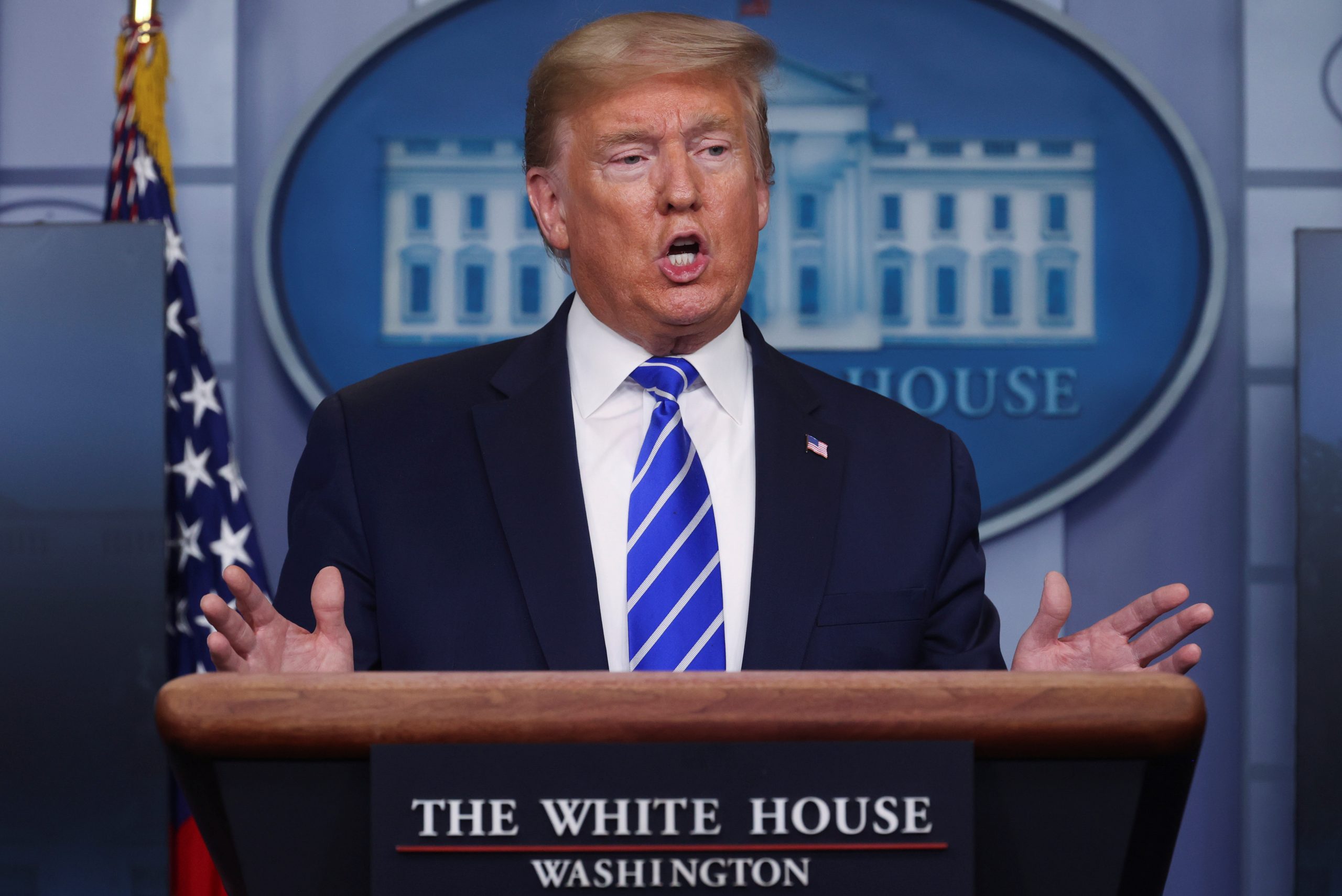Twitter Inc said on Friday that video clips of U.S. President Donald Trump suggesting scientists investigate inserting light or disinfectant into coronavirus patients did not violate its COVID-19 misinformation policy.
A Twitter spokeswoman told Reuters in an email that the company considered Trump’s remarks a wish for a COVID-19 treatment, rather than a literal call for people to inject disinfectant.
The social media site exploded with discussion of the president’s comments, made at his daily media briefing on Thursday, with such trending terms as “Lysol”, “#disinfectant” and “DontDrinkBleach” and “#InjectDisinfectant.”
Twitter previously said it was prioritizing the removal of COVID-19 misinformation that might cause harm but would not act on every tweet containing incomplete or disputed information about the disease.
The site’s COVID-19 misinformation policy states that it has broadened its definition of harm to address content that goes against guidance from authoritative sources of public health information.
After Trump spoke, doctors and health experts urged people not to drink or inject cleaning agent. Lysol and Dettol maker Reckitt Benckiser warned against internal usage of disinfectants, saying it had been asked about it due to recent speculation and social media activity.
The White House said on Friday that Trump had been taken out of context and had urged people to seek coronavirus treatment only after conferring with their doctors. Its emailed statement did not directly mention cleaners or ultraviolet (UV) light as coronavirus treatments, but its subject was “White House on disinfectant.”
Twitter’s policy also says it bans descriptions of purported cures for COVID-19 which are ineffective or being shared with the intent to mislead others, even if made in jest.
A Reuters Twitter search turned up several tweets mocking Trump’s suggestions by repeating exaggerated versions of them, including a joke meme saying, “Don’t forget to drink your daily dose of bleach as advised by President Trump.”
Trump, who has more than 73 million followers on Twitter and whose digital campaign helped propel him to the White House in 2016, has long complained without evidence that social media companies, including Twitter, employ tactics to silence conservative voices – accusations the companies deny.
In March, Twitter used its “manipulated media” label for the first time on a video clip of Joe Biden, the Republican Trump’s presumptive Democratic rival in the 2020 presidential election, which was posted by White House social media director Dan Scavino and retweeted by Trump.
Social media giant Facebook Inc and YouTube, the video service of Google-parent Alphabet, did not immediately respond to Reuters questions about their handling of clips of Trump’s remarks or the discussions on their sites.
(Reporting by Elizabeth Culliford; Editing by Howard Goller)

























 Continue with Google
Continue with Google